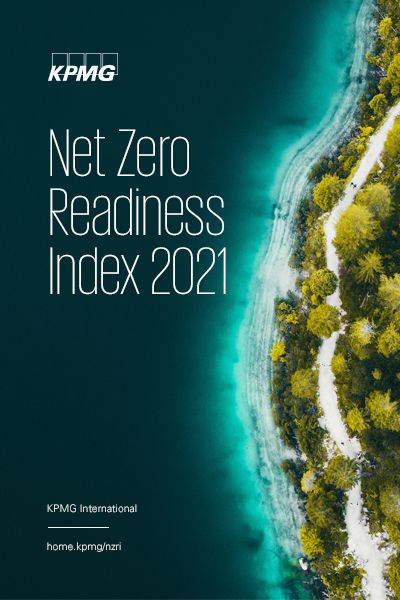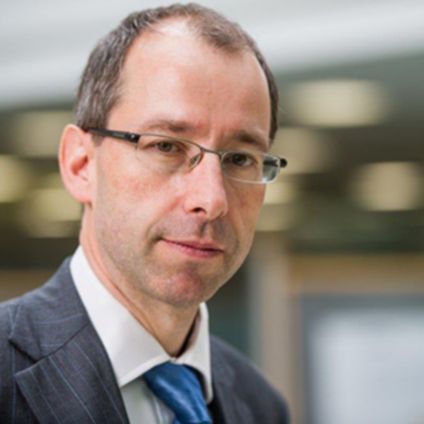Climate change is the existential challenge facing humanity. It is now, at last, well accepted that if we do not urgently limit the rate of global warming, the future for our children and grandchildren is very bleak, indeed.
Since the Industrial Revolution, concentrations of greenhouse gases in the atmosphere have surged to now their highest levels in 3 million years. The UN says this has driven a global temperature increase of 0.85 degrees Celsius between 1880 to 2012, and a rise in average sea levels of 19cm.1 NASA has seen the minimum average area covered by Arctic sea ice each year almost halve since 1979.2 Most of the results of climate change will continue for centuries, even if we stopped emissions tomorrow. Resulting stresses on natural resources will have consequences far beyond the environment, likely giving rise to broader social instability and conflict concerns.
Over the last year more and more governments have committed to 'Net Zero' - which means stopping most greenhouse gas emissions completely, with mitigation measures to cancel the effects of those remaining. It is the world's greatest common challenge, requiring an unprecedented alignment of human effort from individuals, businesses and governments.
Agreements to cut emissions and reach Net Zero are made at a national level and all countries have a role to play. This is recognized by the 2015 Paris Agreement, ratified by 186 countries and territories, which aims to keep global temperature rises this century well below 2 degrees Celsius and try to limit them to 1.5 degrees.
KPMG has produced this first Net Zero Readiness Index in order to assess 32 countries' progress towards reaching Net Zero. Whilst we cannot underplay the phenomenal effort that lies before us, there are grounds for optimism, with nine of these countries having set a Net Zero target in law and 10 more having stated a target. The majority of the countries in this research have reduced emissions between 2005 and 2018, many by significant amounts.
Unfortunately, notwithstanding this progress, the world as a whole has not only failed in the last 5 years to reduce emissions, they have actually increased. The scale of the challenge can therefore seem daunting, but as Christiana Figueres, former Executive Secretary of the UN Framework Convention on Climate Change, argues, we have a collective responsibility to focus optimistically on how society will solve this problem rather than be overwhelmed by it.3
KPMG has ranked countries on their preparedness and ability to reach Net Zero by 2050, and provided insights into the strategies being adopted that are working well. The hope from this is that other countries can learn, copy and adapt their own roadmaps to Net Zero.
Progress is rapid, with new technology solutions, market and policy mechanisms and consumer behaviors emerging every day. KPMG expects many new commitments and initiatives in advance of COP26, in Glasgow in November. The faster this report is out of date, the happier we will be.
Ultimately, the climate challenge can only be met if society as a whole changes behaviors. Although not all countries are equally responsible for the problem, and consequences will vary, as with COVID-19, no one and no country is safe until the world is safe. It is vital that every country does everything they can to contribute. It demands that individuals, organizations and countries collaborate to an unprecedented degree, and act transparently and honestly.
KPMG hopes that the NZRI can help provide some of the transparency and honesty needed, and spur the collaboration required to take the world all the way to Net Zero.
Get in touch
Argentina | Australia | Brazil | Canada | Chile | China | Denmark | France | Germany | Hungary | India | Indonesia | Italy | Japan | Malaysia |
Mexico | New Zealand | Nigeria | Norway | Poland | Russia | Saudi Arabia | Singapore | South Africa | South Korea | Spain | Sweden | Thailand |
Turkey | United Arab Emirates | United Kingdom | United States
1 'Climate change', United Nations, accessed July 2021. https://www.un.org/en/global-issues/climate-change
2 'Arctic sea ice minimum', NASA, accessed July 2021. https://climate.nasa.gov/vital-signs/arctic-sea-ice/
3 Christiana Figueres and Tom Rivett-Carnac, 'The future we choose', Global Optimism, February 2020. https://globaloptimism.com/the-future-we-choose/



